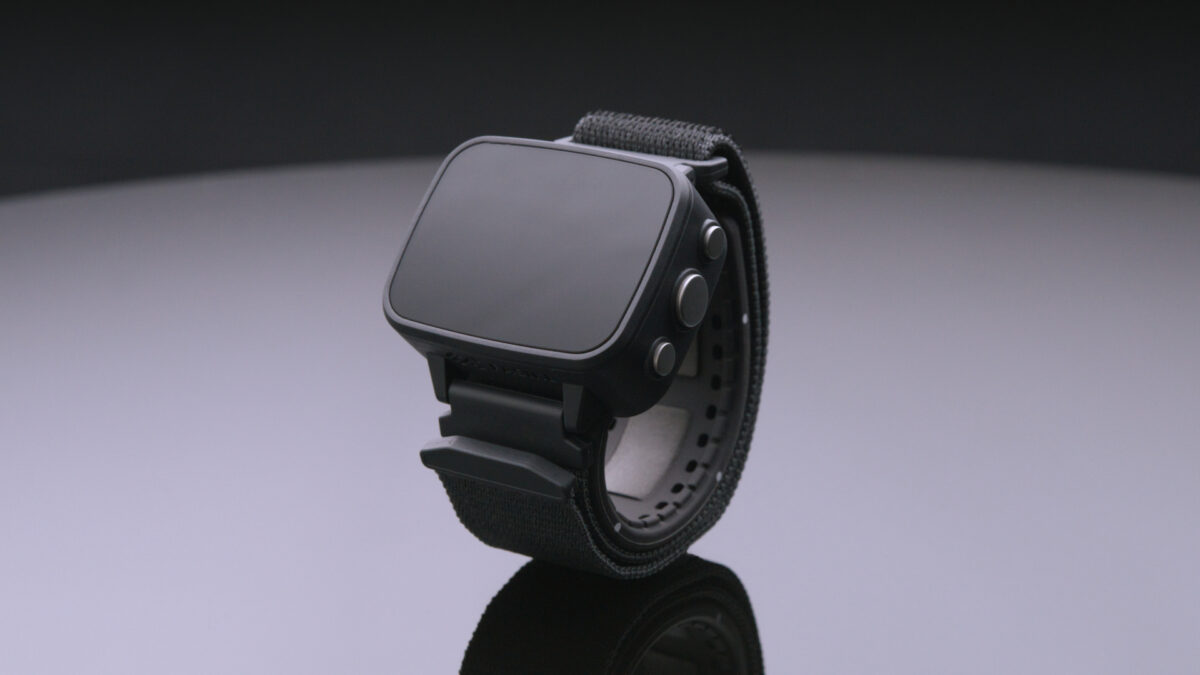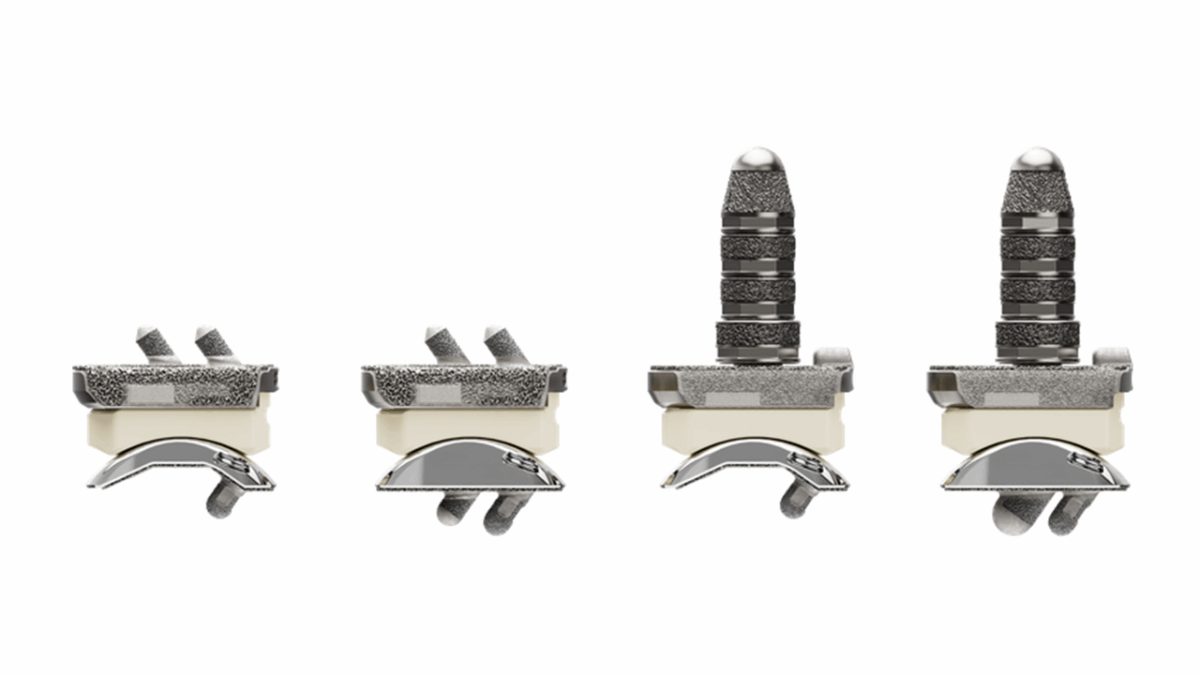The National Institute for Health and Care Excellence (NICE), is urging the National Health Service (NHS) to ban procedures that make use of vaginal mesh to repair organ prolapse, according to the BBC. The healthcare advisor recommends that the medical device should only be used for research purposes.
While the NHS is not compelled to follow the advice of the NICE committee, they often do follow through with their recommendations. Vaginal mesh manufacturers have seen a number of issues with the device in recent years, with the implant migrating into the tissue, causing pain and interfering with everyday life in certain patients.
Specifically, the documents obtained by the BBC found that NICE acknowledged “serious but well-recognised safety concerns” regarding use of the vaginal mesh and that “evidence of long-term efficacy is inadequate in quality and quantity.”
The vaginal mesh is composed of polypropylene which acts as a stabilizer for various organs – including the uterus, bowel and bladder – which can prolapse following the birth of a child. Unfortunately, most women who experience problems with the mesh are unable to have it surgically removed because of its close proximity to major nerves.
“Seven years I have been watching this emerge – it is absolutely farcical how bad it is,” Professor Carl Heneghan, an expert on the mesh from the University of Oxford, told the BBC. “Either they’re burying their heads in the sand or they don’t know what they’re doing.”
Since April, over 800 women in the UK have pursued legal action against the NHS and the medical device companies responsible for producing the vaginal mesh. Heneghan suggests that the government should implement a registry for all patients using the medical device in order to understand the full scope of the problem.
Over 92,000 women in the UK have received vaginal mesh implants between April 2007 and March 2015, according to the NHS. About nine percent of these patients have experience adverse events associated with the mesh.












Join or login to leave a comment
JOIN LOGIN